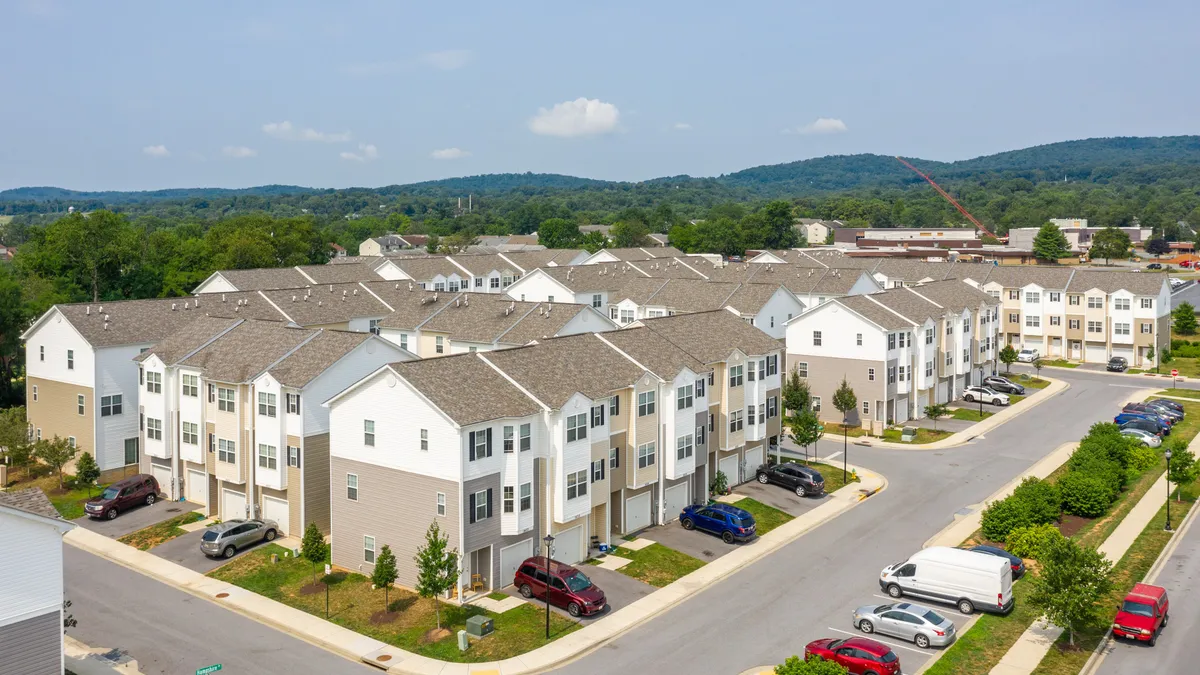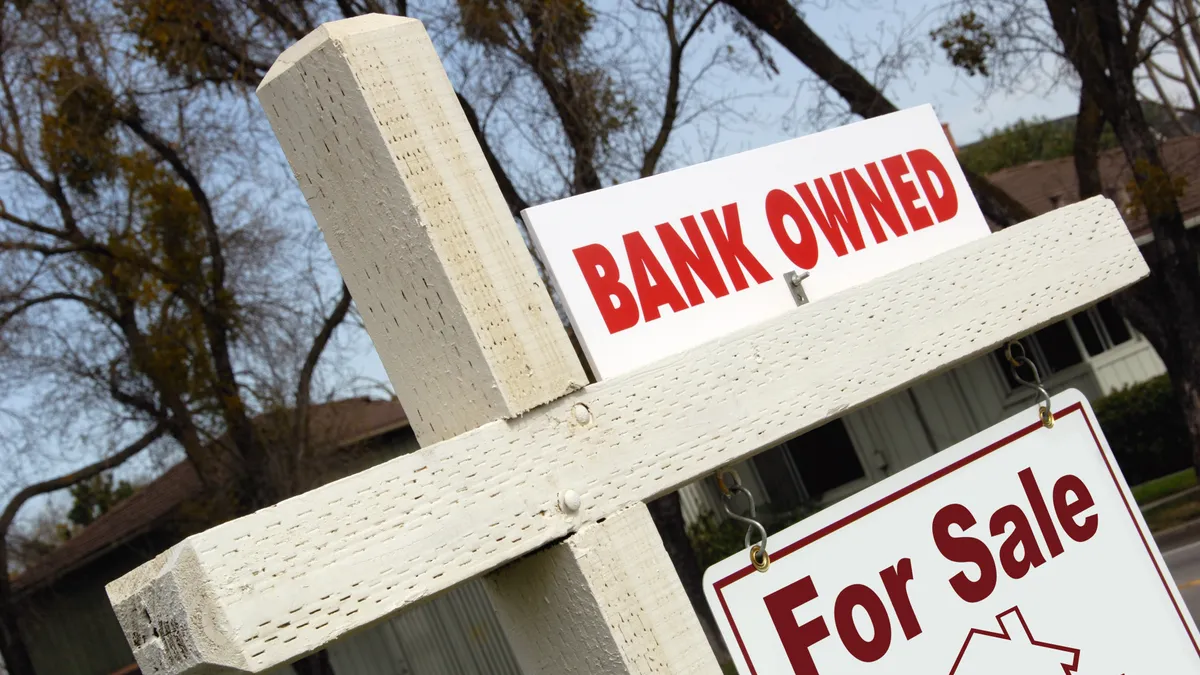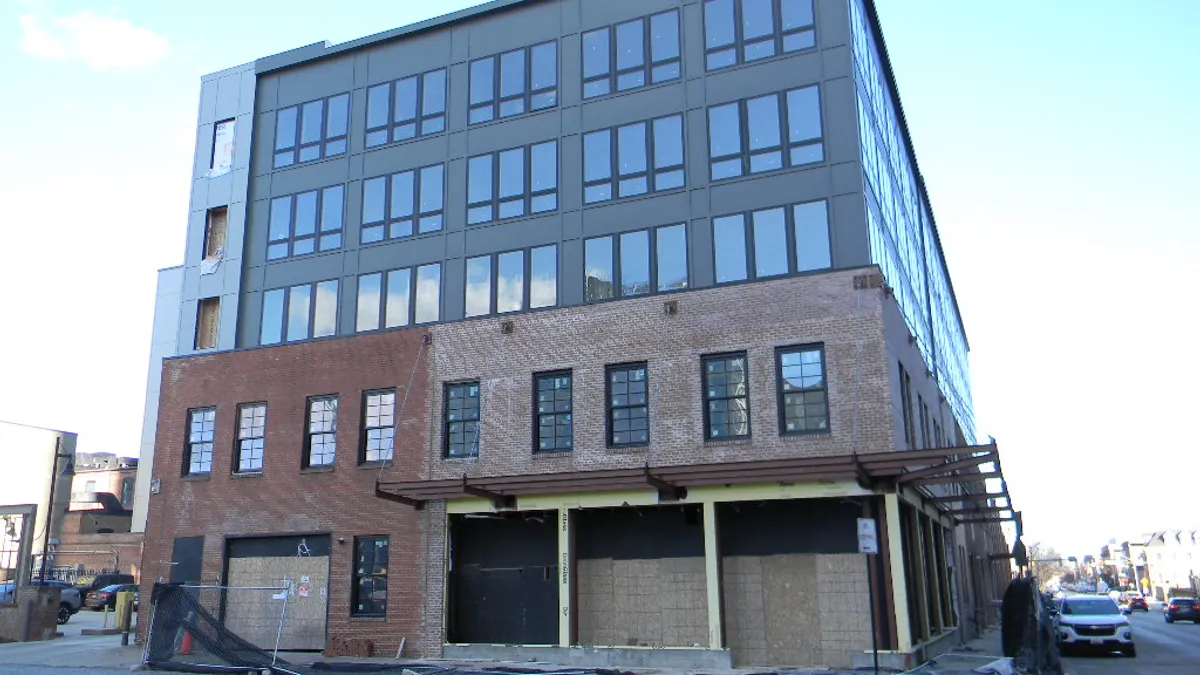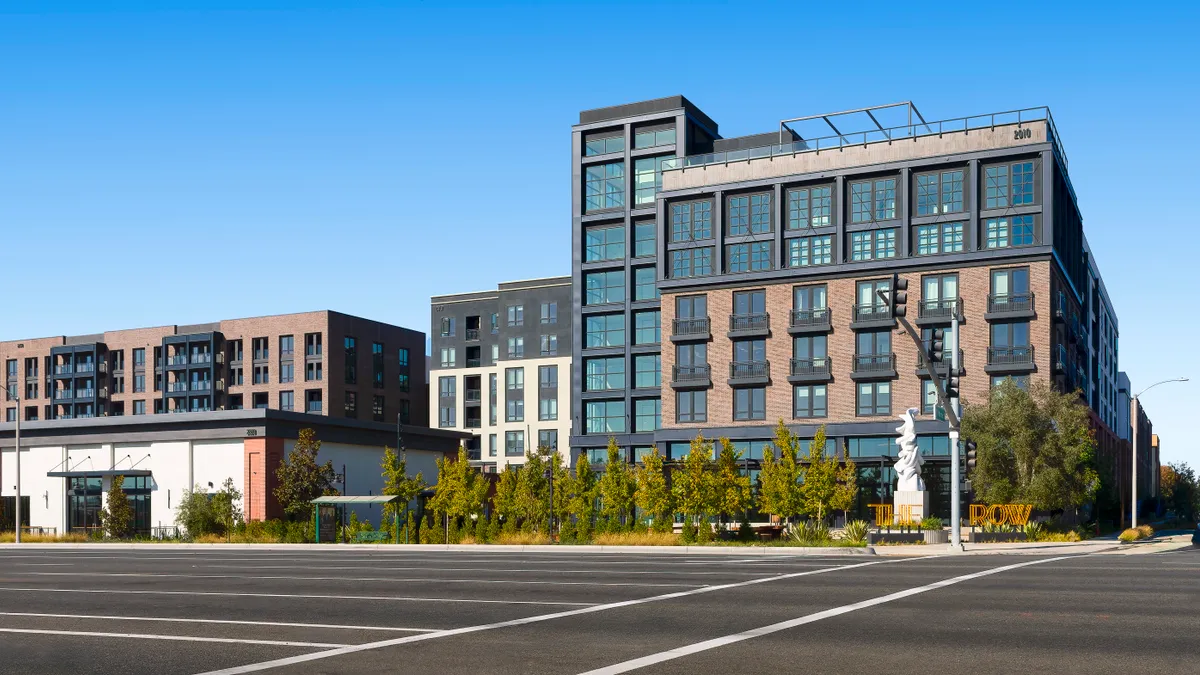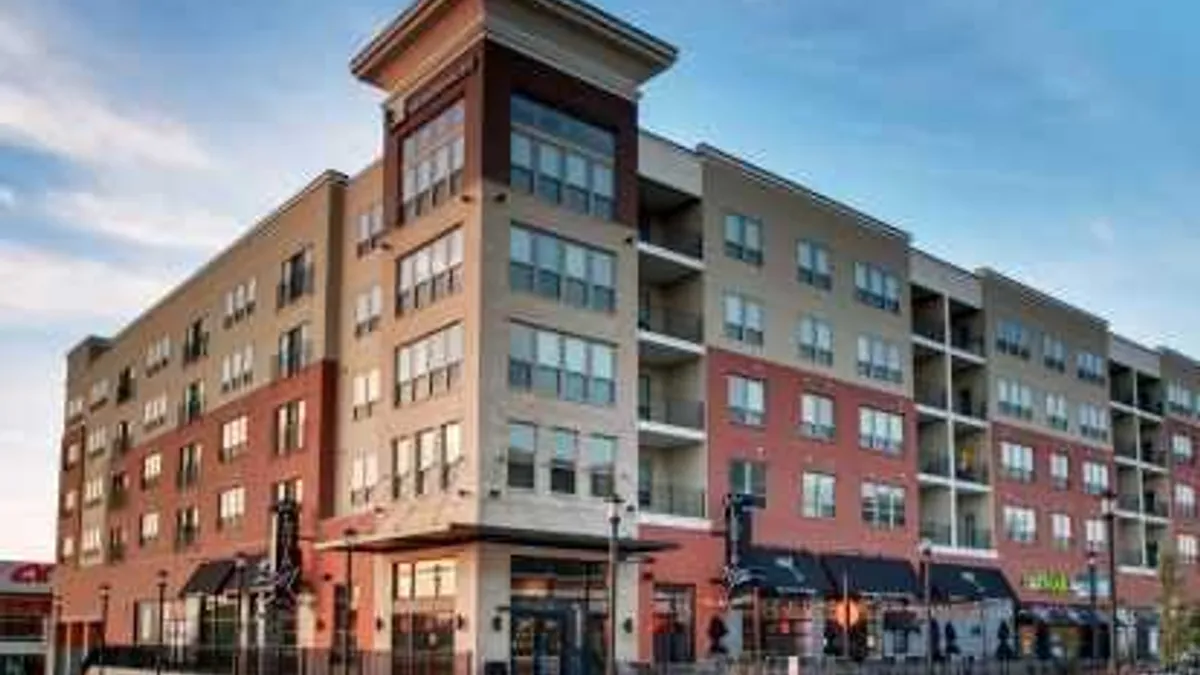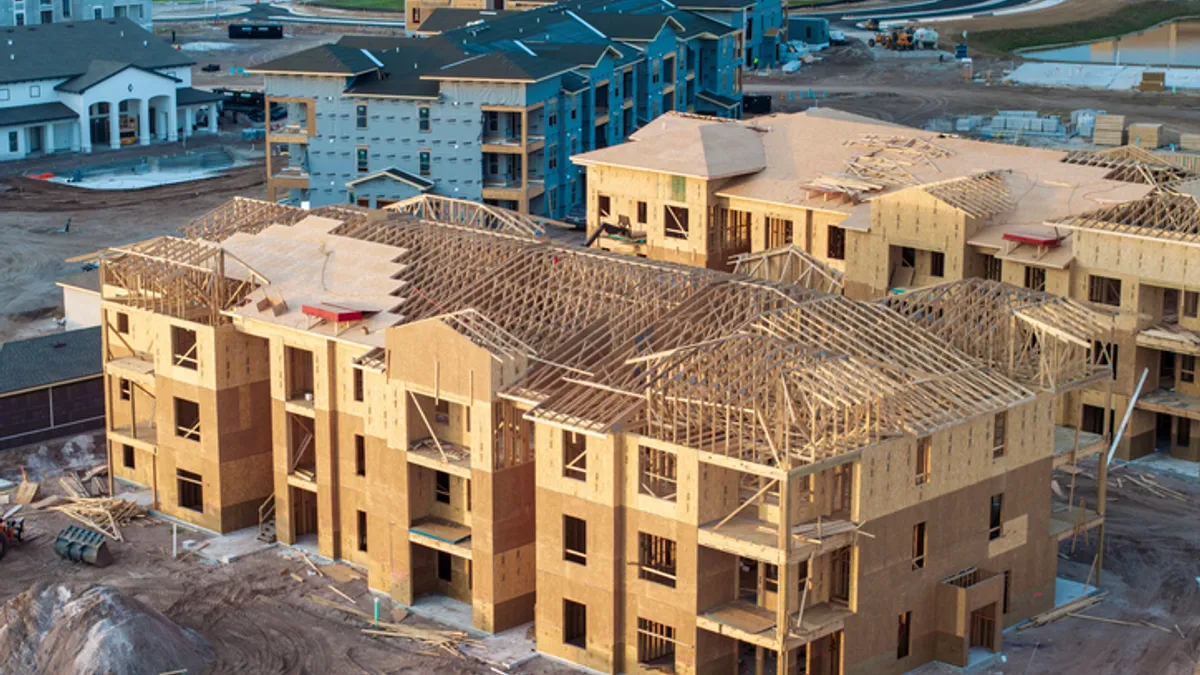RailField Partners has found a niche focusing on affordable properties.
“Our guiding mantra is we believe in workforce housing,” said Jon Siegel, chief investment officer for the Bethesda, Maryland–based real estate firm. Since launching in 2013, RailField has invested in nine markets in the mid-Atlantic, Southeast and Texas, focusing mainly on properties where residents make between 60% and 120% of area median income.
The firm’s management team has the financial know-how to get those deals done. RailField was founded by three Fannie Mae alumni: Kenneth Bacon and Todd Watkins and Siegel.
But RailField’s acquisitions run the spectrum from preserving affordable housing to traditional value-add buys to even some newer, higher-end properties. Here, Siegel talks with Multifamily Dive about which of those segments has the most deal flow, the roadblocks with assuming loans and how the firm chooses its markets.
This interview has been edited for brevity and clarity.
MULTIFAMILY DIVE: How do you choose the markets that you’re in?
JON SIEGEL: When we started the company, we set up an algorithm. We look at demographic factors, economic factors and multifamily-specific factors, like how many trades are there and how many millennials are moving there.
We actually did the math to see which markets checked all the boxes. There were a few of them that we thought would be really good but were not very good markets when we did the math. And then there were others that really hit the mark.
We like to think we were a little bit ahead of the game in a couple of markets by doing that. We were ahead of the herd that went into San Antonio, Texas. In Richmond, Virginia, we bought eight years ago when nobody was looking at properties there.
You assumed the seller’s debt on a recent deal in North Carolina. Why isn’t this done more often?
Historically, nobody wanted to assume anybody's debt because they thought they could get a better deal. The assumption of debt comes with a process. It's not the same process as getting a new loan. You have to get approved to assume a loan and you have to take on the current owner’s loan documents and all of that. It's just more brain damage and it takes longer because you have to get Fannie Mae or Freddie Mac’s approval.

People over the last couple of years have tried to max out the amount of leverage they can get. And when you're assuming a loan, it's not max leverage. Fortunately, with the structure of our fund, we can do a little bit lower leverage. It's fine for us to assume the loan. We think it's a great opportunity. We bought three properties in the fall and they're all loan assumptions.
Sellers are also going to get a lower price on a loan assumption because the leverage isn't going to be exactly what the buyer wants. So, sellers typically haven't wanted to do it because they would get penalized a little bit for inheriting the loan structure. And buyers typically don't want to do it because it's a lot of brain damage and you can't get the deal customized exactly the way you want it.
You’re in the market for different types of properties — new, value-add and even some affordable. Which category is the easiest to get a deal done in right now?
The affordable side has so much demand. There's so much need for affordable housing and the pricing didn't grow the same way. Rents didn't go up 25% on affordable housing deals. So they are a little bit easier to pencil out.
And the lenders are much more aggressive if you come to them with a deal that has an affordable component right now, especially because Freddie and Fannie are being incentivized to lend on those. So, the terms tend to be more attractive.
What about the other segments?
Value-add is a little more complicated because of the way those deals pencil out. You want to get leverage, and you can't get a lot of leverage now. There's also a lot of uncertainty around rent increases. And buying materials is a little bit trickier.
Value-add was the hottest sector as interest rates went up. Now, it's a tough sector to make deals work. And fewer people are even looking to sell those today.
On the higher-end stuff, we just haven't seen a ton of it. I think that might open up a little bit this year. Right now, the bid-ask spread on the pricing is just too high on that.
Do you think some groups will be forced to sell?
I don't think it's 2008 or something like that. But a few deals have found their way to us where when we press hard enough, we find out that they have a variable rate loan and they have to put up a reserve and the rates went up too much. On new construction, their construction loan is going to mature and they are having a hard time financing out.
So I think there definitely will be some of those opportunities. When they happen or what they look like is anybody's guess.
Click here to sign up to receive multifamily and apartment news like this article in your inbox every weekday.



